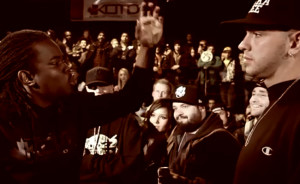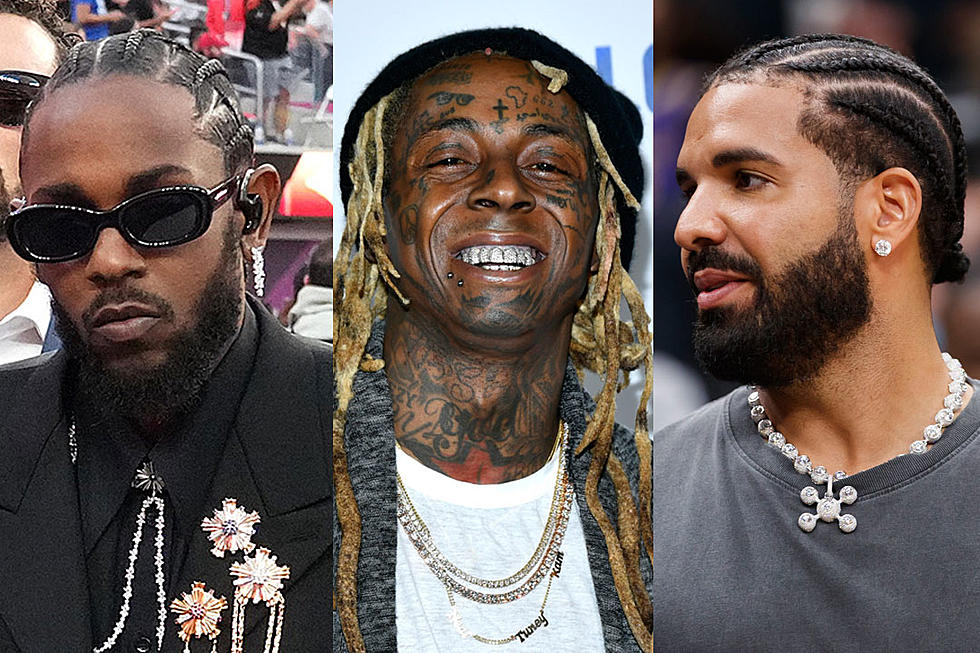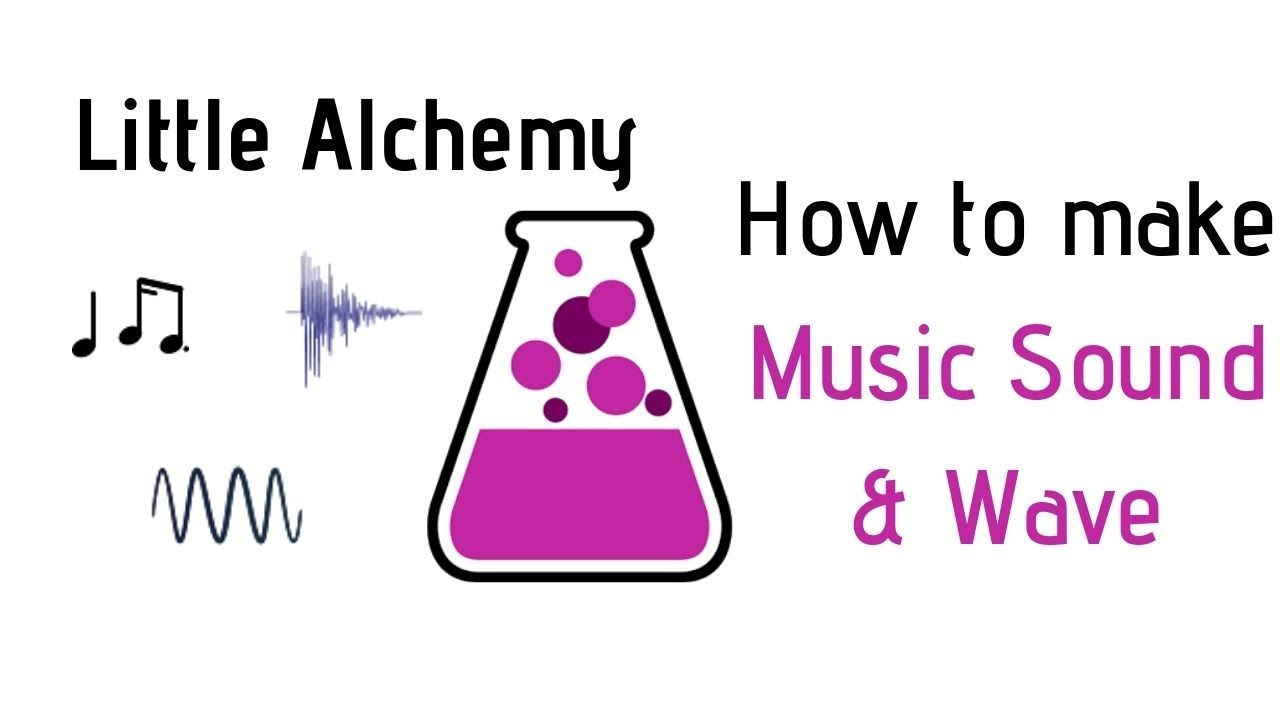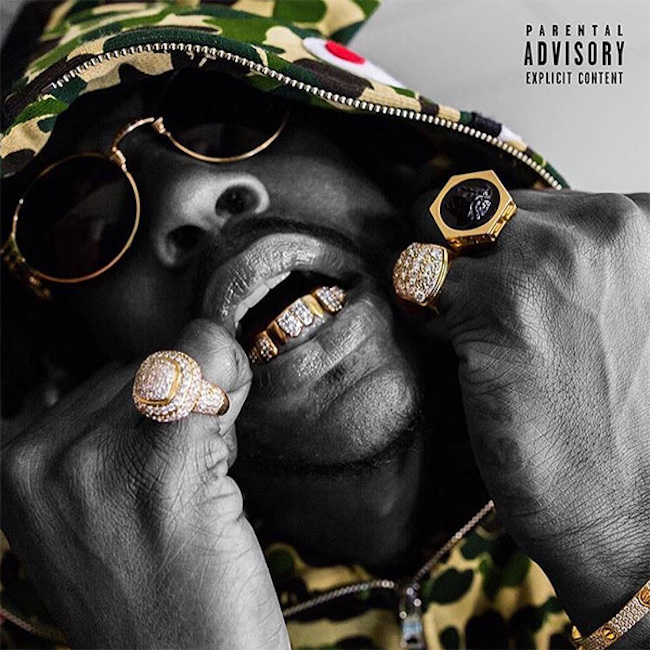Can Battle Rap Save Hip Hop?
 Before we delve into how rap battles may have possibly saved hip hop (music and culture), we must first understand what a rap battle is. By definition a battle is “a sustained fight between large and organized armed forces”.
Before we delve into how rap battles may have possibly saved hip hop (music and culture), we must first understand what a rap battle is. By definition a battle is “a sustained fight between large and organized armed forces”.
Much like any of these historical battles, rap’s version is a “sustained fight” between entities, but using words and lyrical content as the form of ammunition. The purpose of this can mainly be attributed to one of two trains of thought:
1) To either show superiority against the other rapper that one may be battling – or one may say competing against
2) To show one’s prowess in the art of MCing (rapping)
This art of battle rap is important to hip hop for different reasons to different people, but one of the biggest reasons is lyricism. When rap music was born in the 1970’s and then gained mainstream popularity in the mid to late 1980’s, the best rappers were defined as the best lyricists. To gain respect as an artist – regardless of sales and popularity – your ability to spit, the lyrics you rapped was the most significant – if not, the only – method rappers were judged by. If we were to go back to that time and list the top rappers from that time who the names that generally mentioned?
Rakim, Slick Rick, LL Cool J, Kool G Rap, Big Daddy Kane, KRS-One and Run-DMC. If you were to compile a list today of the greatest MC’s of all time each one of them would find a place on that list, and all near the top. When the 1990’s came around this trend continued from artists Wu-Tang Clan, Scarface, 2Pac, Notorious B.I.G., Nas, and Jay-Z; who not only sold records into the millions, but are also considered some of the best artists of all time.
But as rap grew, so did its audience. As the technology era emerged rap music became far more accessible than it ever was. Previously rap had been restricted to a select audience as this genre of music – except for a few artists who had mainstream appeal – was not getting played on mainstream and/or Top 40 radio. But now with technology, mainly the internet and file sharing, fans did not have to wait for the music to come to them, it was readily available to the point that you did not have to leave your home. With that gift came the curse. It brought a new breed of fans, ones that did not place an emphasis on lyricism as did the previous generations.
As the new millennium continued on, lyricism was being phased out for what “sounded good” and what was catchy, and record executives followed suit as that’s where the money was. While rappers who were looking to obtain a record deal were once judged on their ability and quality of music, they are now being assessed on how many twitter followers or Facebook friends they have. When a video is uploaded to Youtube for example it’s not necessarily the quality of the music that’s being looked at – what battling is predicated on – but the number of views the video has received.
To further illustrate this situation take much maligned rapper Soulja Boy, who has received a fair amount of backlash for his lack of skills as a rapper. He was able to secure a record deal via the videos he posted of himself on Youtube and Twitter. Was it his “ability” or “popularity (the number of views he garnered)” that played the biggest role in getting him signed?
But as much as Youtube may have hurt it has also helped. The positive side is it gives the public an easy way to listen to music from before their respective time than ever before. So when younger fans hear the lyricism, subject matter and content put forth by previous rappers, in their eyes modern rappers may not necessarily stack up. And one of the purest forms of this – lyricism and content – is battling. If you cannot hold your own lyrically you will be eaten alive in the battle forum. While rappers can hide behind a bumping beat or put together a catchy repetitive hook to mask their lack of skill, battling puts it to the forefront.
Battle rap has always been a part of rap music but over the past few years it has grown tremendously, and there are now battle rap companies popping up everywhere to get a piece of the pie. Battle rap leagues have given birth to some of the hottest lyricists like: Hollow Da Don, Aye Verb, Daylyt, DNA, and Loaded Lux just to name a few. It is one of the main reason’s why a lot of up and coming artists now are saying that battle rap has inspired to get more lyrical in their rhymes. This in the long run will definitely create a wave of quality content being put out by rap artists
Many of the major artist like Jay-Z, Eminem, P. Diddy and Busta Rhymes are showing major support to these battle rap events. This only makes sense because while most of the public knows Jay-Z as the multimillion dollar rap mogul, he’s no stranger to battle rap. His battle with fellow rapper DMX – before they both became household names – has become one of street lore. Eminem on the other hand was a silver medalist in the rap Olympics in the late ‘90’s showing his battle pedigree.
Battling will always have its place in hip hop, but if great battle rappers cannot translate that into great – and hit – songs it will once again remain an afterthought in the future of hip hop.
Written by: George Kipling



